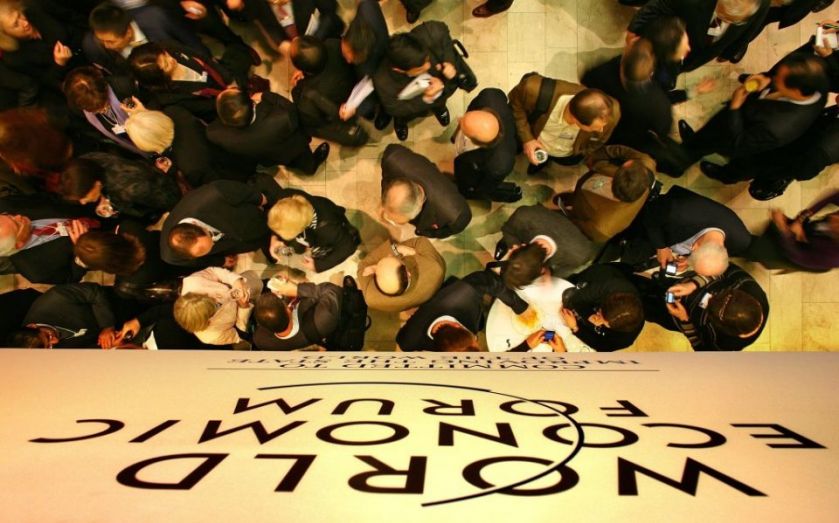2015 World Economic Forum: As the global elite prepare to gather in Davos, is the annual meeting a waste of time?

Philip Booth, professor at Cass Business School and editorial and programme director at the Institute of Economic Affairs, says Yes.
The world’s great and good will meet in Davos this week. The meeting is dangerous and perpetuates a fallacy. It’s dangerous because it provides a forum for rent seekers (big business and regulators) to meet the politicians who can deliver them a world of more regulation and complexity. The fallacy it perpetuates is that the world can be made a better place by clever and powerful people meeting together to guide, regulate and control the economy.
In fact, to promote prosperity, we need the removal of the barriers to entrepreneurship that exist in poor countries and better systems of governance. In rich countries, we need lower taxes and less regulation. That means politicians, government officials and even business people who have humility and who implement the right policies with courage. “Global leaders” meeting in expensive hotels is not the way to deliver the change we need.
Andre Spicer, professor of organisational behaviour at Cass Business School, says No.
The top 0.1 per cent go to Davos to blabber about the big issues. In the past, global leaders waxed lyrical about the global free market. Last year, they got worked up about wellbeing. Now the tone of discussion has become more sinister. Geopolitical risks top the agenda, and looming conflicts over water worry many.
Fortunately, such questions aren’t the only thing on the minds of those at Davos. The event provides the ideal opportunity to augment social networks. Being invited to Davos earns bragging rights and boosts your day rate. But perhaps the real reason it’s important is that it gives global leaders an opportunity to optimise their own wellbeing by using the impressive “wellness” facilities.
After all, what first made Davos famous was Thomas Mann’s 1924 novel The Magic Mountain: the story of a young businessman who checks into a Davos sanatorium for two weeks, and leaves seven years later.